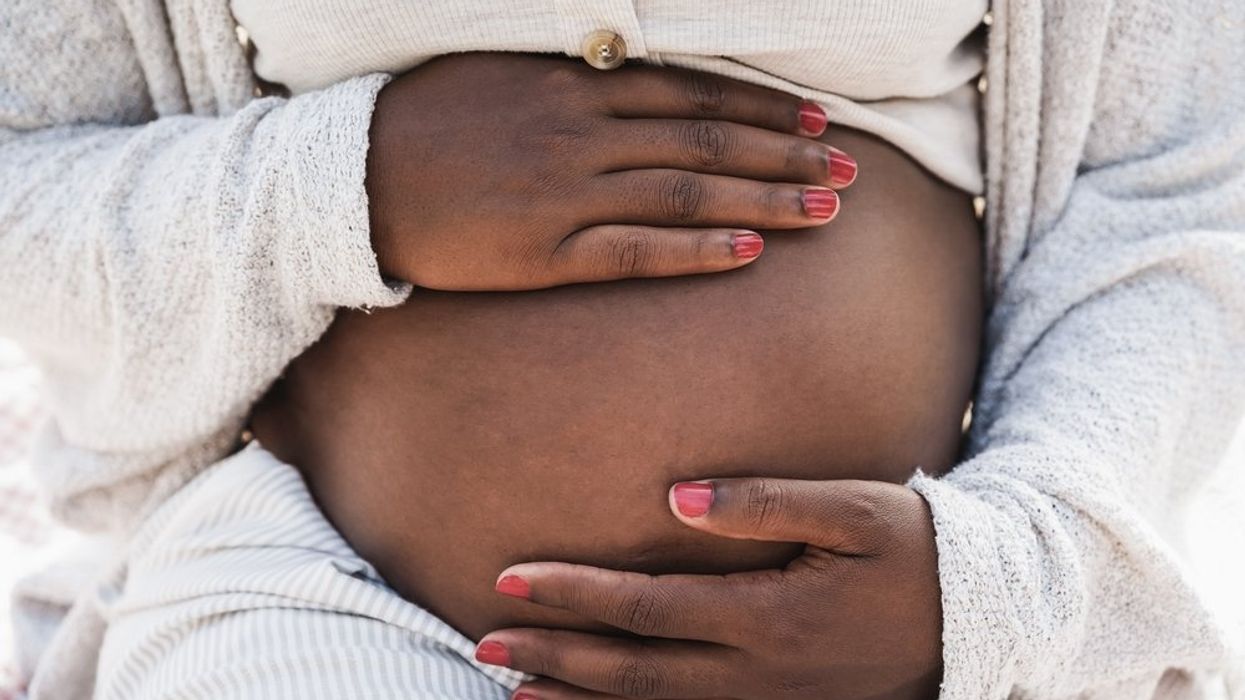Due to structural inequalities and the legacy of slavery, African-descended women and girls experience disparate access to maternal healthcare.
In a recent report, the United Nations presented alarming statistics on maternal health for Black women in the Americas. They reported that African American women were three times more likely to die while pregnant or soon after pregnancy than White women in the United States, and that the disparities existed regardless of income or education levels.
The maternal mortality of American women has also dramatically increased within the last 20 years, especially among African Americans.
However, this systemic problem isn't exclusive to the United States. Observing data from Latin America, the report found disparities in Black maternal health across the continent.
In Suriname, for example, 185 deaths occurred for every 100,000 live births from African-descended mothers. That number was down to 74 deaths among non-African and non-Indigenous mothers. Colombia and the United States showed similar gaps.
In Brazil, Colombia, Trinidad and Tobago, and Uruguay, African-descended women received less support in antenatal healthcare, reducing the likelihood of detecting potential pregnancy-related complications.
"You notice that when a lighter-skinned person enters the room, the health professionals take more time with them," a Black woman from Brazil told researchers. "But when a Black person enters, they [look to] leave quickly."
The woman explained that healthcare professionals don't fully examine a Black person the way they would examine other patients.
Discriminatory beliefs have led providers to deny anesthesia to Black women in labor, engage in verbal and physical abuse toward their patients, and provide less timely care to them, the report says.
These findings are backed by a history of racism in gynacological research, including the long-held belief that Black women feel less pain than White women. The alarming notion was used to justify experimentation with surgical procedures, such as the caesarean section, on enslaved African women.
The U.N.'s sexual and reproductive health agency aims to have "zero preventable maternal deaths" by 2030. Patricia Da Silva, program adviser for the agency, described how compounding systemic inequalities also affect access.
"We’re talking about access to education, access to water, the pay gap," she said, via The Washington Post. "All of these factors directly affect a woman’s ability to get access to quality of care."
The report suggests that the root causes of systemic racism need to be addressed in order to meet the U.N.'s goals and support the healthcare needs of African-descended women and girls.
- OB-GYNs Sound Alarm Over Maternal Deaths Post Roe ›
- Maternal Mortality Rates Are 'Unacceptably High,' WHO Reports ›
- Maternal Mortality Doubled Within 20 Years — Most Deaths Among Black Women ›
- Black Americans Believe News About Them Is 'Racially Insensitive,' Could Black Journalists Help? ›
- Black Women Need Breast Cancer Screenings 8 Years Earlier ›


















































